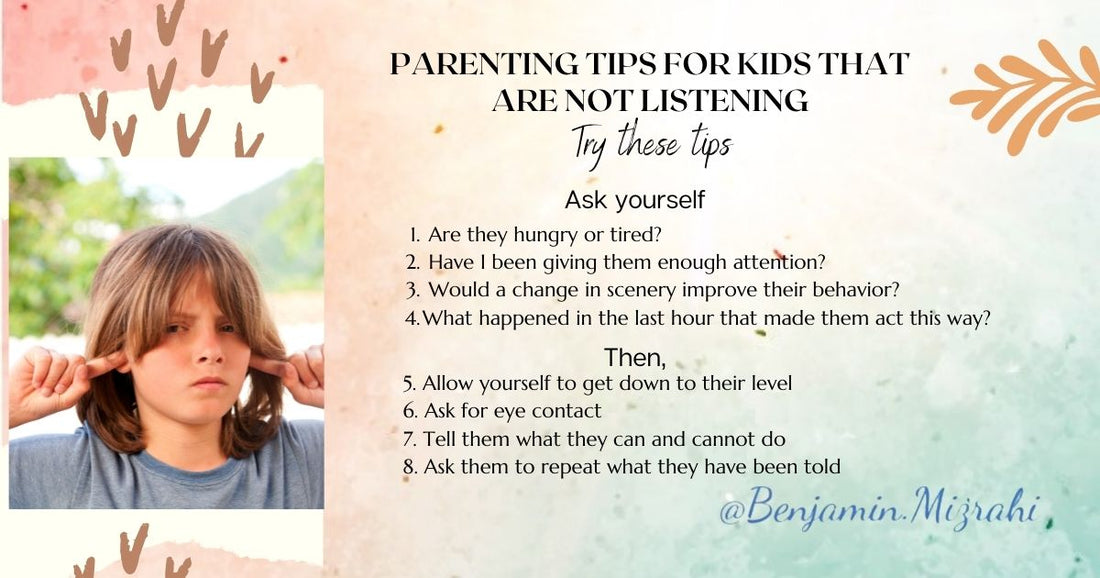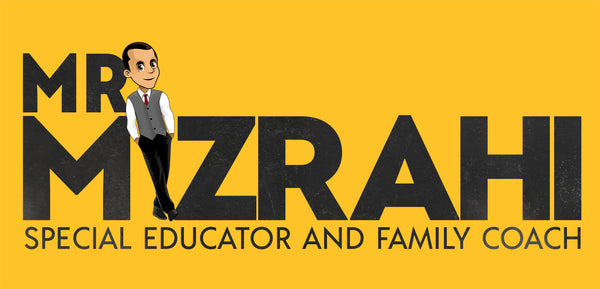
How to Handle Difficult Moments with Understanding
Share
Every parent has those days — your child refuses to listen, throws a tantrum, or suddenly seems like they’re testing every limit you set. It’s frustrating, and sometimes the instinct is to react with punishment right away. But before we jump into discipline, it helps to pause and ask: why is my child acting this way?
Children are naturally full of emotions, and they’re still learning how to manage them. Their “bad behavior” is often a signal, not just defiance. Looking for the root cause can make all the difference.
Questions to Ask Yourself First
When your child acts out, take a quick step back and reflect:
- Are they hungry or tired? A cranky child often just needs a snack or some rest.
- Have I been giving them enough attention? Kids sometimes act up because they want to connect with you, even if it’s in the “wrong” way.
- Would a change of scenery help? A walk outside, a new activity, or even a short break can reset their mood.
- What just happened? Think about the last 30–60 minutes. Did something stressful, overstimulating, or disappointing trigger this behavior?
By asking these simple questions, you shift from reacting to understanding.
Practical Ways to Respond Calmly
Once you’ve identified what might be going on, here’s how to guide your child in a healthy direction:
- Get down to their level. Literally bend down, so you’re eye-to-eye. It makes them feel safe and heard.
- Ask for eye contact. A gentle “Can you look at me?” ensures they’re paying attention.
- State clear expectations. Instead of just saying “Don’t do that,” explain what they can do. For example: “We don’t throw toys. If you’re angry, you can tell me with words.”
- Have them repeat it back. This helps the message stick and avoids the classic “But I didn’t hear you!” response later.
Why This Works
Kids are not small adults. They don’t yet have the tools to manage big feelings, so they rely on us to guide them. By slowing down, showing empathy, and teaching instead of punishing, we help them grow into emotionally resilient and confident individuals.
Yes, kids will be difficult at times. But with patience and strategies that come from understanding — not just reacting — those difficult moments can turn into powerful teaching opportunities.
Coach Benjamin Mizrahi — Educator. Learning Specialist. Family Coach. Father. Husband.
More articles on EXECUTIVE FUNCTIONS COACHING – Benjamin Mizrahi
